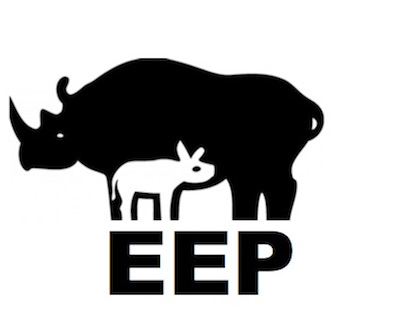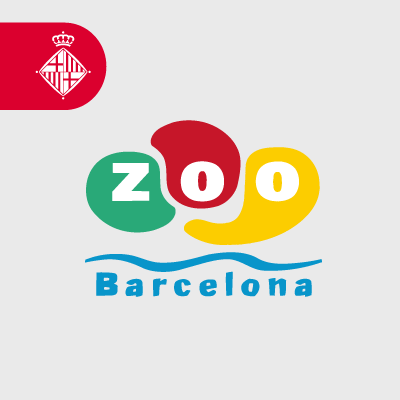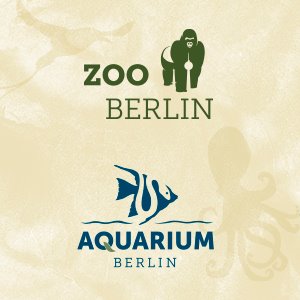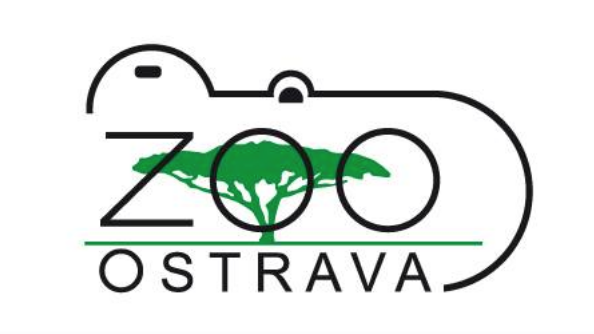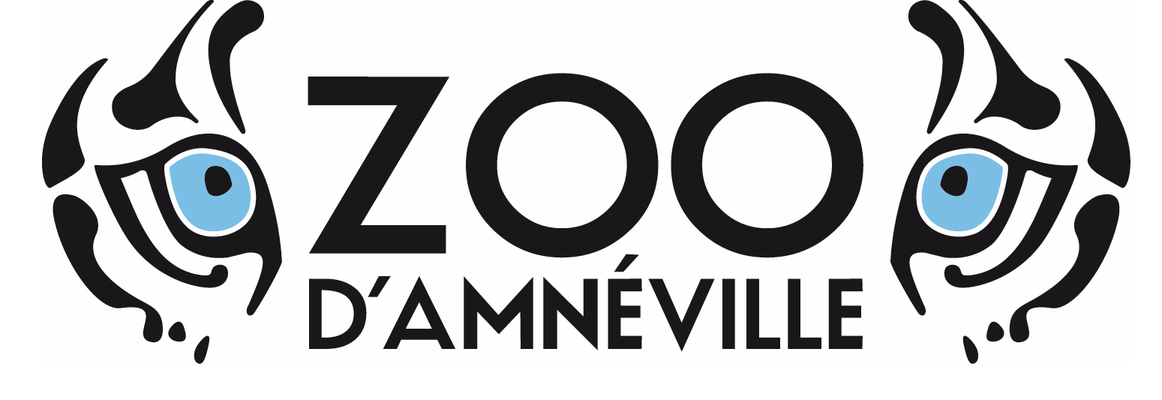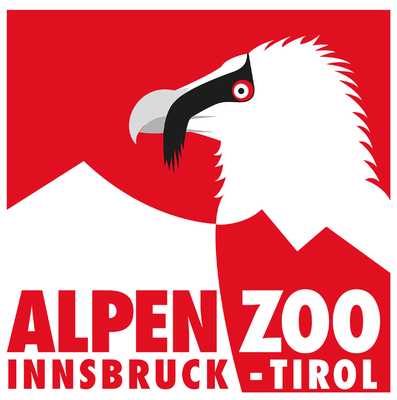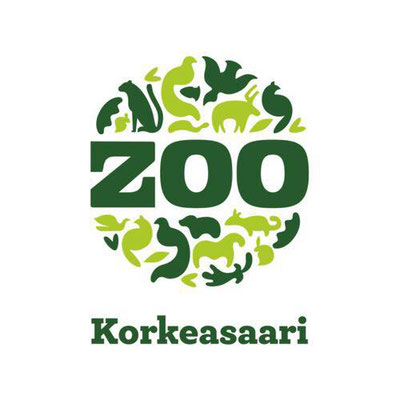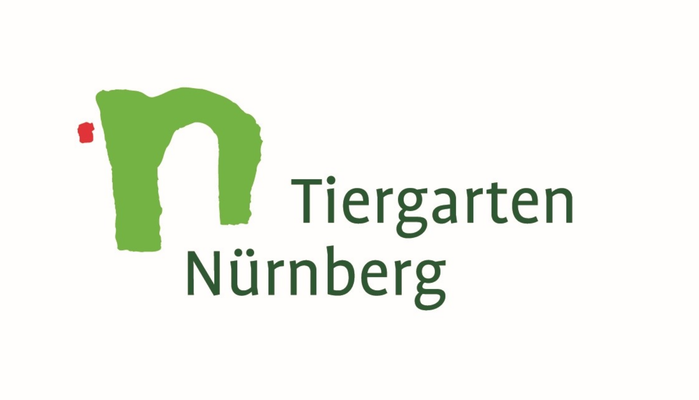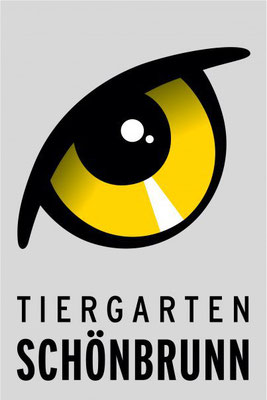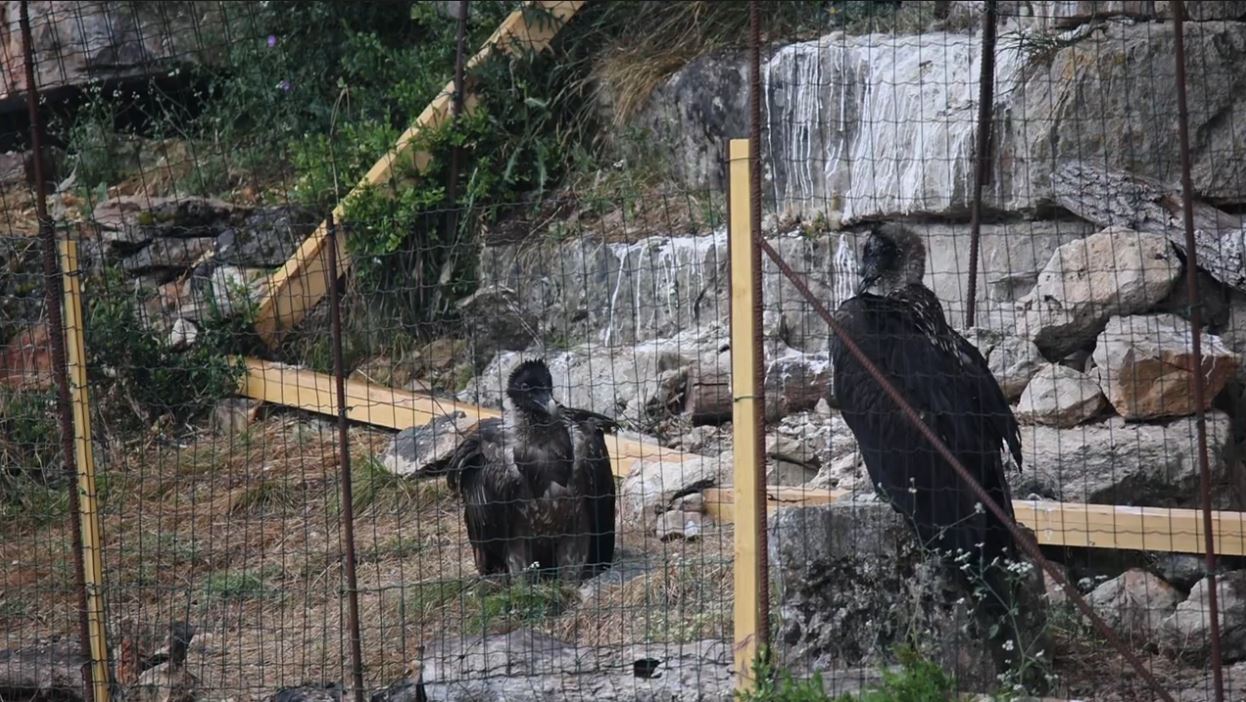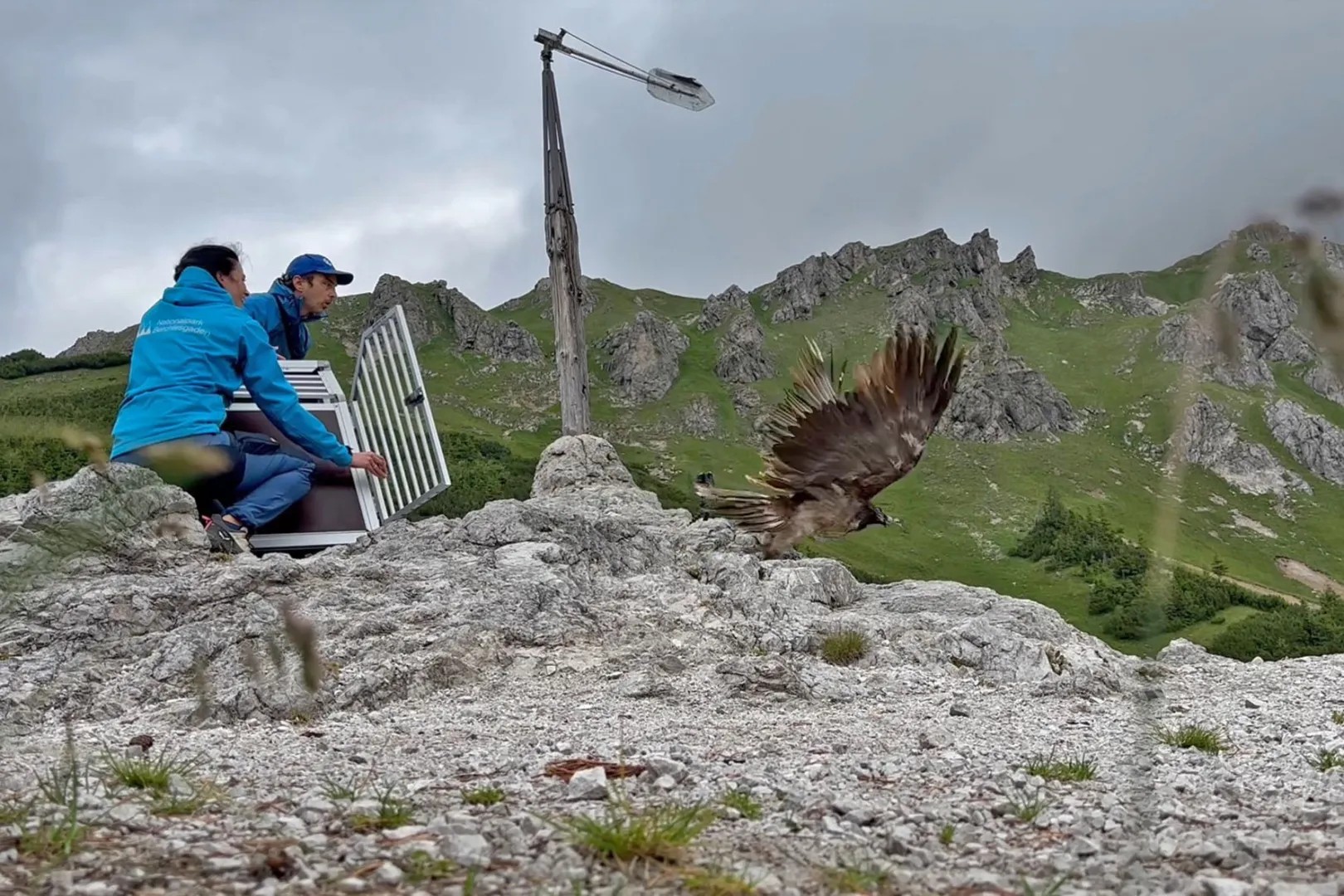
For the past few decades, we have been part of the coordinated effort to reintroduce Bearded Vultures to their former range across Europe. To achieve these fantastic results we work with our partners, as well as our captive breeding network of zoos, animal parks, captive breeding centres and private collections, to breed the species for conservation purposes, which we coordinate under the European Association of Zoos and Aquaria’s (EAZA) European Endangered Species Programme (EEP).
Between 1986 and 2019, a total of 323 juvenile Bearded Vultures have been released into the wild to boost local populations in the following areas:
- 227 in the Alps & Pre-Alps
- 63 in Andalucia
- 20 in Grands Causses
- 3 in Sardinia
- 6 in Corsica
- 4 in Maestrazgo
Today, we want to dedicate this blog post to zoos and showcase their immense impact on the conservation of these species.
Returning Bearded Vultures to their former range
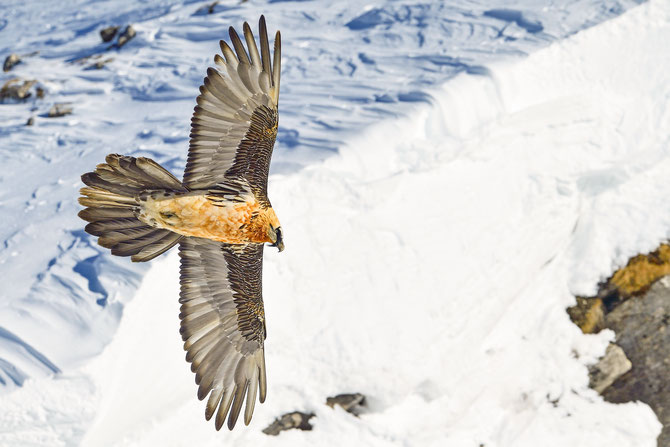
For the past few decades, we have been releasing captive-bred Bearded Vultures into the wild at different locations. As coordinators of the Bearded Vulture Captive Breeding Network of zoos, specialised breeding centres and private collections we have been working with colleagues from across Europe all year to ensure the best breeding results from the 178 birds within the network. But, we do not do this alone. The success of the 2018/19 breeding season and the dedication of the teams in the zoos and breeding centres to nurture and care for the captive breeding population of birds has resulted in our best Bearded Vulture Release Season to date. We managed to release a total of 22 young Bearded Vultures into the wild, helping to strengthen the Bearded Vultures populations in Europe.
Now, we have our hands full with the beginning of the new Bearded Vulture breeding season in captivity. Pairs signalled the start of the 2019/20 breeding season in early October, showcasing signs of breeding behaviour, such as copulation and nest building. There are already a number of birds that laid eggs, and we are expecting the first chick to hatch shortly.
Bearded Vulture reintroduction and zoos
The reintroduction of these species would not be possible without the support, expertise and capacities of zoos.
The Vulture Conservation Foundation (VCF) collaborates with over 40 zoos and breeding centres, coordinating the breeding of Bearded Vultures for their eventual release to the wild. Within the network, the zoos host established pairs and focus on breeding offspring. This requires covering the day-to-day costs and continually monitoring the vultures to ensure favourable breeding results. Captive breeding plays a vital role in reintroduction programmes because young vultures, in contrast to adult birds, perfectly adapt to a new environment. Therefore, they can quickly adapt to their new homes in nature.
Further to this, zoos play an important role in raising awareness about vultures, by educating animal lovers who visit their establishments about their importance and helping change their negative perception. Finally, they are essential in helping us fund our reintroduction initiatives, and in 2019, they donated a total of 59,269 to the VCF.
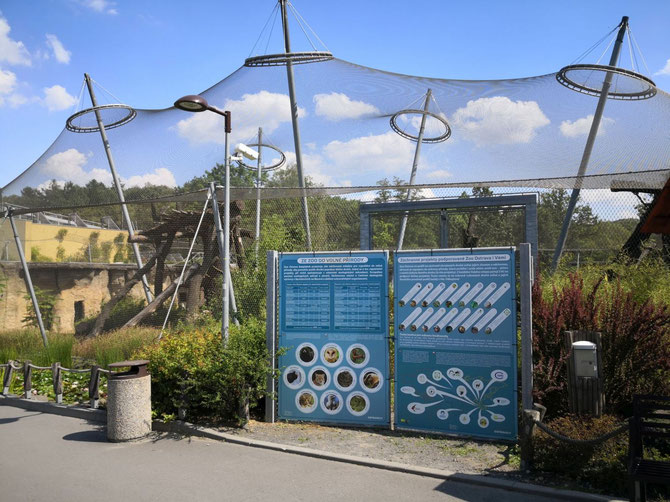
Some zoos even dedicate a percentage of their income to conservation initiatives. Ostrava zoo, for example, directs 1 Czech krona from every entrance ticket to conservation projects around the world, including our own. The zoo participates in several captive breeding programmes of vultures, and the Bearded Vulture EEP is one of them. In 2019, they donated Carmen, born on 21 February at their zoo in the Czech Republic. LIFE GypConnect released Carmen, alongside Pamela, on Saturday 25 May at the Parc Naturel Régional des Baronnies Provençales. Carmen was also recently photographed in Ramuzat, France, during a fascinating encounter with a Griffon Vulture.
Special thanks
A big thank you goes to all our colleagues in the Bearded Vulture EEP network for their commitment and support in breeding these birds.
We also want to thank them for the financial support they provide to us here at the Vulture Conservation Foundation.
Special thanks to the zoos within the EEP that donated in 2019:
- Alpenzoo Innsbruck – Tirol
- Amnéville Zoo
- Barcelona Zoo Foundation
- Beauval Nature
- Helsinki Zoo
- Natur- und Tierpark Goldau
- Parc Animalier des Pyrénées
- Parco Natura Viva Garda Zoological Park
- Grand Parc Du Puy Du Fou
- Tierpark Berlin-Friedrichsfelde GmbH
- Tiergarten Der Stadt Nürnberg
- Zoological Garden Ostrava
- Zoologischer Garten Berlin Ag
- Zoologischer Garten Frankfurt
- Zoo Vienna Schönbrunn
A big thank you also goes to zoos outside the EEP that donated in 2019 to support the work of the VCF:
- Antwerp Zoo
- The Zoological Society Of Hertfordshire
- Zoo De La Boissière Du Doré
We will continue to work with the same diligence and dedication to ensure the best results within our captive breeding network this year, and we hope to release many Bearded Vultures to the wild in 2020 to help boost local populations!
Sign up to our newsletter and never miss any vulture news!
